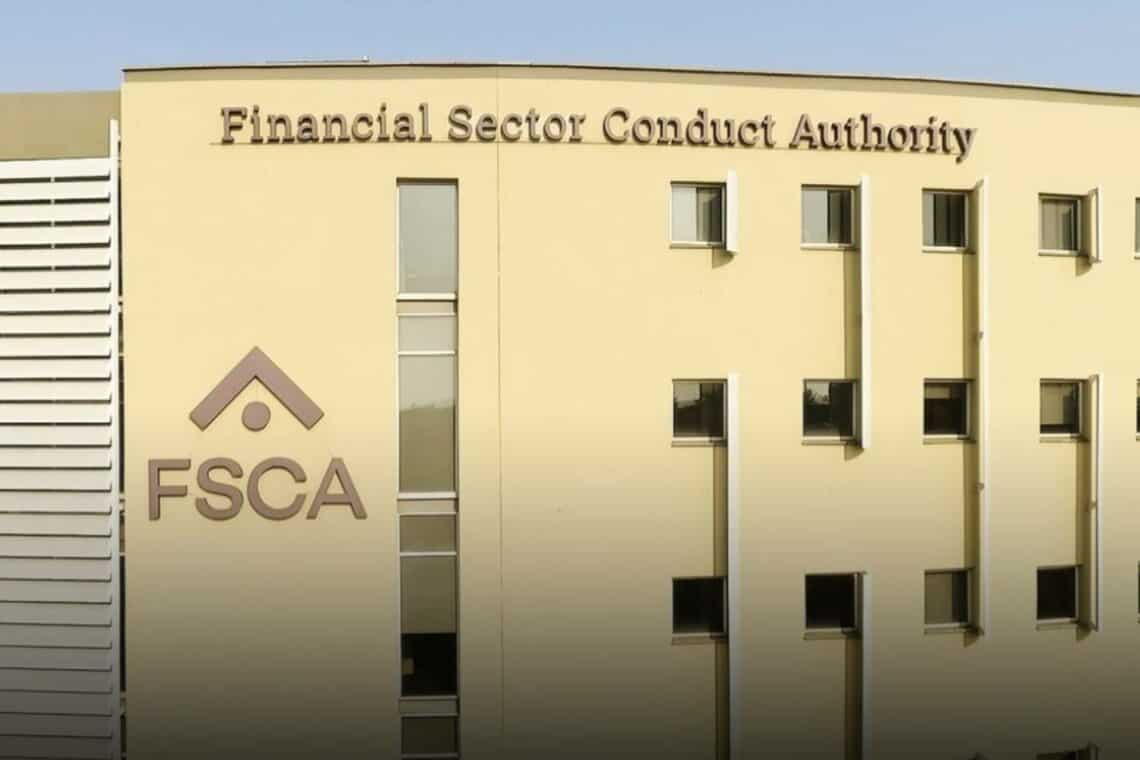- South Africa’s regulator, the Financial Sector Conduct Authority (FSCA), is investigating thirty cases involving individuals or entities offering crypto services without the required legal authorisation.
- This action follows an earlier warning from the FSCA that “any entity that did not apply for a licence and continues activities will be investigated, and there will be consequences for such actions.”
In October 2022, the regulator declared crypto assets to be a financial product and began accepting applications for crypto asset service provider (CASP) licences from June 2023 until November 2023.
Prior to this, South African regulators, including the FSCA, established the Crypto Assets Regulatory Working Group and released a position paper with recommendations on handling cryptocurrency. They also issued guidelines for banks dealing with cryptocurrency clients.
While acknowledging it has received several CASP licence applications, the FSCA noted that some have been declined, and some were withdrawn by the applicants themselves.
Last week, the FSCA reportedly revealed that it had received 383 licence applications, of which five were declined for failing to meet the requirements.
In April 2024, the FSCA confirmed that 75 institutions had been approved to operate as crypto asset service providers (CASPs), including VALR and Luno. Since then, the FSCA has approved another 63 CASP licence applications, bringing the total number of licensed entities to 138.
Additionally, the FSCA has established an investigation team targeting anyone conducting crypto financial services unlawfully, either operating without a licence or continuing to operate after having their applications declined.
The regulator plans to publicise the outcomes of its investigations and issue warnings about unregistered crypto businesses. It also noted that many applications are still under consideration.
The FSCA has stated that its licensing powers are limited to authorising and supervising CASPs, provided they offer financial services related to crypto assets under the FAIS Act. This authorisation does not include the recognition of crypto assets as legal tender.
The crackdown on unlicensed crypto service providers is part of an effort to protect the public and address the Financial Action Task Force’s (FATF) concerns, as South Africa is among the African countries grey-listed by the global watchdog.
Additionally, South Africa’s Financial Intelligence Centre (FIC) issued a draft directive to ensure that institutions providing crypto asset services adhere to and implement the FATF’s recommendations.
Also, the Financial Intelligence Centre (FIC) in South Africa received feedback from 17 commentators on a draft directive regarding the “Travel Rule” that would mandate crypto platforms in South Africa to identify the parties of a cryptocurrency transaction which is part of efforts to get South Africa off the FATF greylist by 2025.











